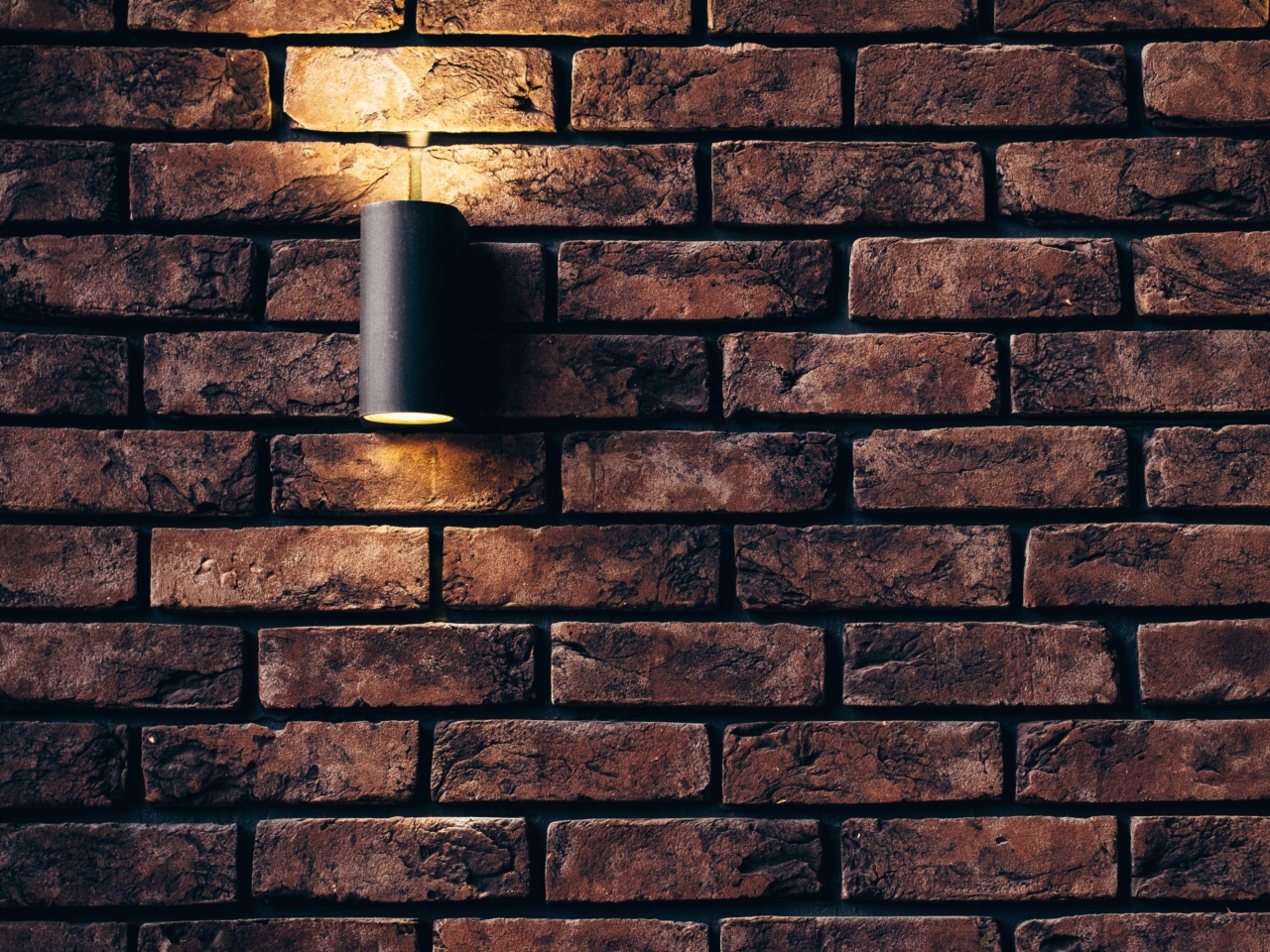Allergies can significantly impact a person’s quality of life. Whether you are allergic to pollen, pet dander, mold, or certain foods, the symptoms can range from mild to severe.
Fortunately, there are several coping strategies that can help you manage your allergies effectively. In this article, we will explore ten useful techniques to help you live comfortably with allergies.
1. Identify Your Triggers
Knowing your allergens is crucial for effective allergy management. Keep track of your symptoms and try to identify the specific triggers that cause your allergies to flare up.
Common allergens include pollen, dust mites, pet dander, certain foods, and mold. Once you identify your triggers, you can take appropriate measures to minimize your exposure.
2. Create an Allergy-Free Zone
Designate a specific area in your home as an allergy-free zone. This space should be free from allergens such as pet dander and dust mites.
Use hypoallergenic bedding, ensure proper ventilation, and clean the area regularly to maintain an allergen-free environment where you can retreat to when your symptoms worsen.
3. Keep Your Home Clean
Cleaning your living space regularly can significantly reduce allergen exposure. Vacuum carpets and upholstery, dust surfaces with a damp cloth, and mop hard floors frequently.
Consider using a HEPA filter in your vacuum cleaner to trap allergens effectively. Additionally, wash your bedding regularly in hot water to eliminate dust mites.
4. Minimize Outdoor Exposure
If pollen is your primary allergen, try to minimize your outdoor exposure, especially during peak pollen seasons.
Stay indoors on windy days when pollen counts are high, keep windows closed, and use air purifiers equipped with HEPA filters to trap airborne allergens. Shower and change your clothes after spending time outside to remove any lingering pollen from your body and clothes.
5. Create a Barrier
If you have allergies triggered by dust mites or pet dander, consider using allergen-proof covers for your mattress, pillows, and upholstery.
These covers create a barrier that prevents allergens from penetrating the surfaces you come into contact with while you sleep or relax.
6. Consult an Allergist
An allergist can help you identify your specific allergies and develop a comprehensive management plan. They will conduct skin tests or blood tests to determine your allergens and recommend suitable treatment options.
This can include medications, immunotherapy, or allergen avoidance strategies tailored to your needs.
7. Manage Pet Allergies
If you are allergic to pets but cannot bear to part with your furry friend, there are ways to manage your allergies effectively. Keep pets out of your bedroom and create pet-free zones in your home.
Regularly groom your pets and wash them to reduce allergens in their fur. Consider using allergen-neutralizing sprays or wipes to further minimize the allergens they shed.
8. Be Prepared for Allergy Emergencies
Always carry your prescribed allergy medications with you, especially if you have severe allergies. This includes epinephrine auto-injectors for individuals with severe allergic reactions (anaphylaxis).
Educate your friends, family, and coworkers about your allergies and teach them how to administer emergency medication if necessary.
9. Monitor Indoor Humidity
High humidity levels can promote the growth of mold and dust mites, which can trigger allergies. Use dehumidifiers to control indoor humidity levels, especially in damp areas such as basements or bathrooms.
Keep the humidity below 50% to create an environment inhospitable to these allergens.
10. Consider Allergy Immunotherapy
If your allergies are severe or significantly impact your daily life, your allergist may recommend allergy immunotherapy. This treatment involves exposing you to gradually increasing doses of your allergens to help your immune system build tolerance.
Allergy shots or sublingual tablets are common forms of immunotherapy that can provide long-term allergy relief.
Conclusion
Living with allergies requires careful management and attention to minimize symptoms and improve your quality of life.
By identifying your triggers, creating an allergen-free zone, keeping your home clean, and taking appropriate precautions, you can effectively cope with allergies and enjoy a healthier, more comfortable life.





























